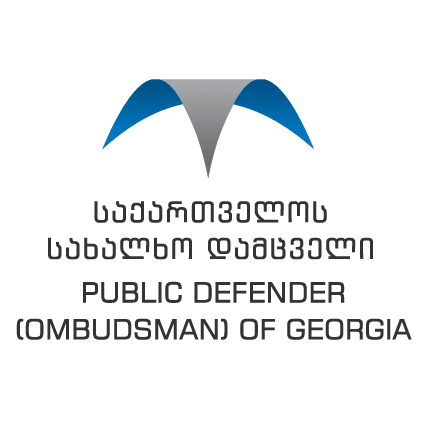Georgian Public Defender Nino Lomjaria said in a statement released on October 25 that the human rights situation is “extremely difficult” in Georgia’s occupied regions.
Georgian ombudsperson’s statement comes three days after the video recordings featuring beating of prisoners, who were on hunger strike, by riot police allegedly in Tskhinvali prison went viral in social networks on October 22.
Nino Lomjaria said that “detention of citizens on the line of Russian occupation, beating of prisoners, ill-treatment and torture in temporary detention facilities or prisons remains one of the most problematic issues for years.” She recalled the death of Georgian citizen Archil Tatunashvili as a result of “alleged torture and ill-treatment.”
“It is vitally important international human rights organizations to be provided an opportunity to monitor and study the cases of human rights violations in conflict regions,” the Georgian Public Defender said.
Speaking of the responsibility of the Russian Federation, as the country exercising effective control over the Tskhinvali region, Georgian ombudsperson noted that international law obliges Russia to ensure human rights protection in the occupied regions.
The Public Defender called on the Georgian government to spare no efforts in order to conduct, through close cooperation with international human rights and observation organizations, “effective investigation into the case and punish the perpetrators.”
Nino Lomjaria also urged the government to intensify negotiations on the issue of allowing international human rights organizations in the occupied regions.
This post is also available in: ქართული (Georgian) Русский (Russian)

